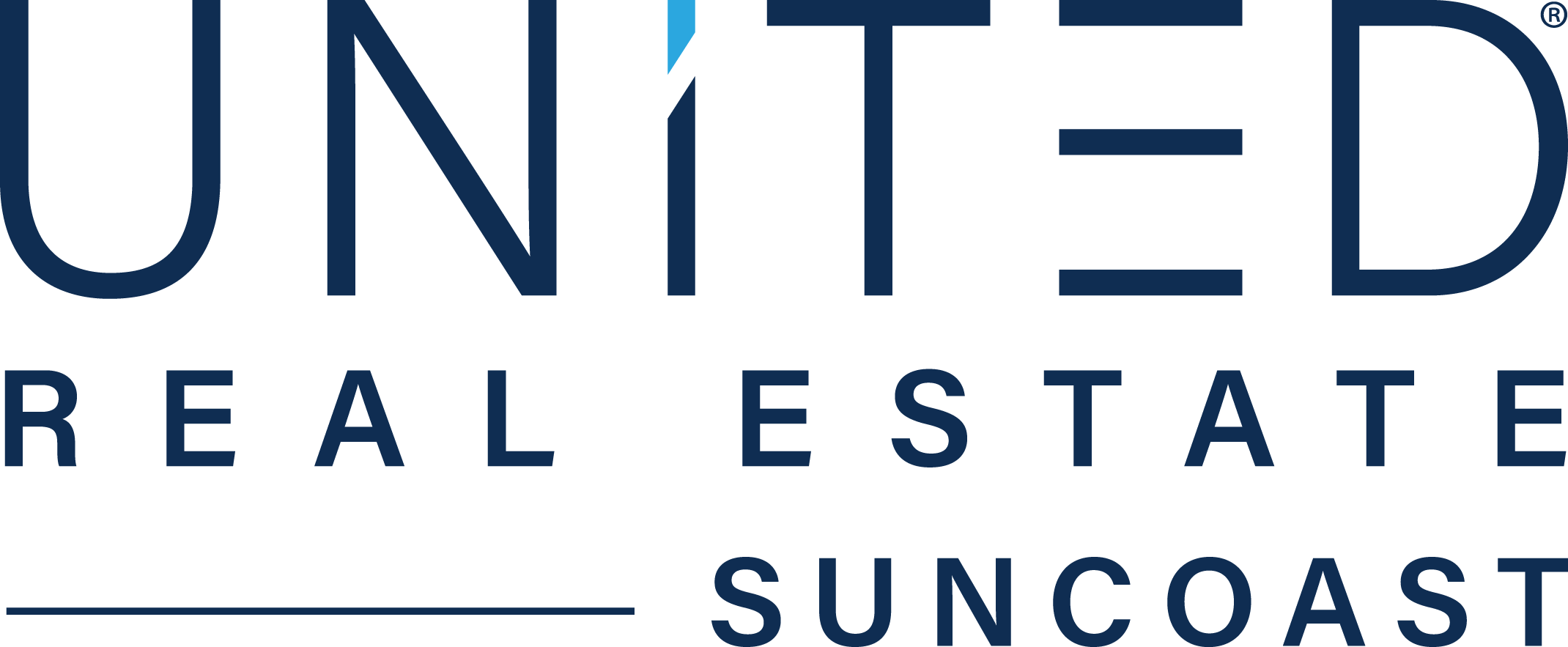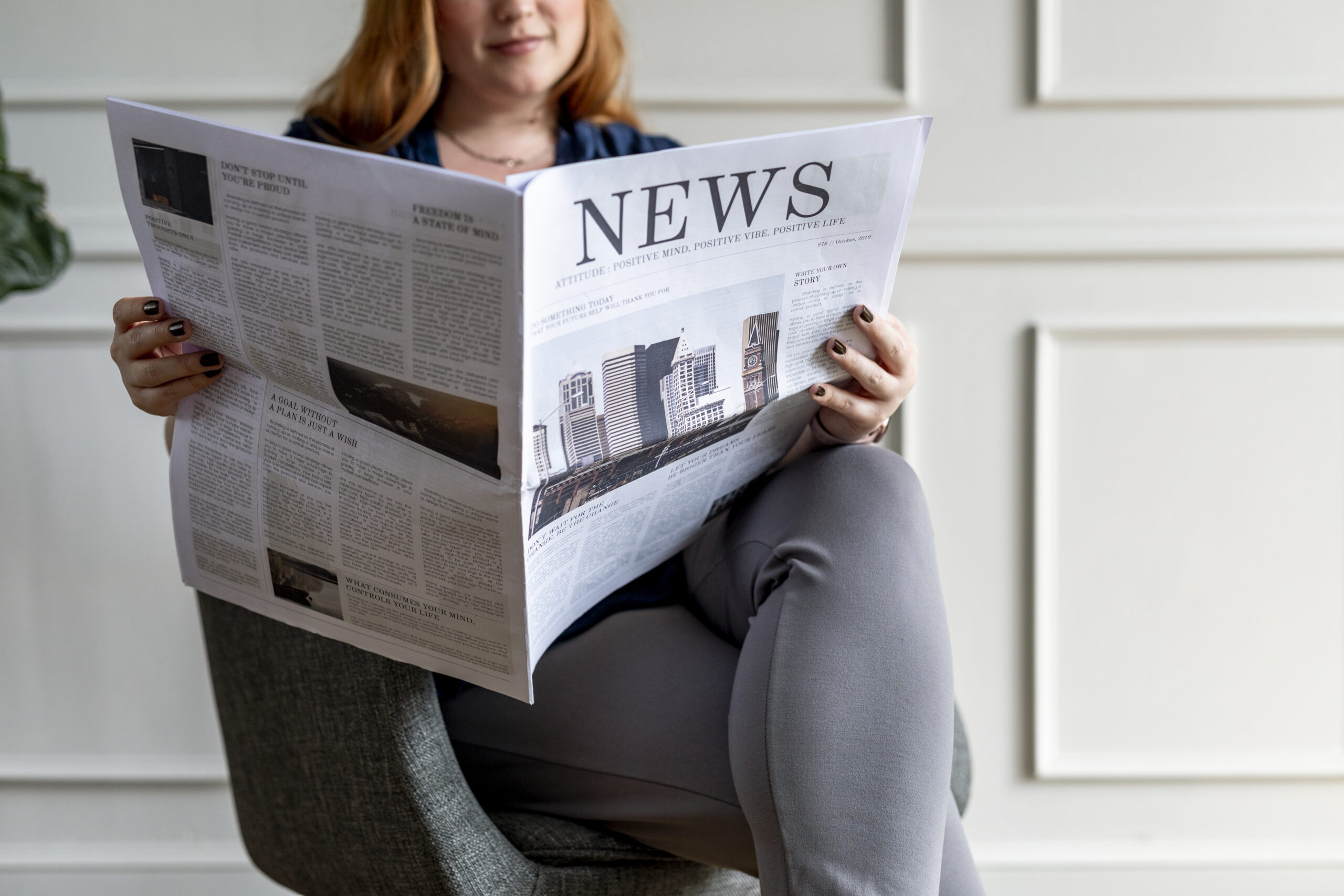MIAMI – We all know “There’s no place like home” – but buying a house in Florida requires more than clicking your heels together three times.
Issues like insurance coverage, mortgage rates and construction supply shortages have plagued Florida home buyers for years. COVID and Hurricane Ian further complicated the process of buying a house in the region.
Ultimately, as many issues do, it all comes down to who is buying and who is selling.
Sharon Kerr of Coldwell Banker Sunstar Realty sums it up: “This is a supply and demand situation,” she says. “New construction builders are offering some very nice incentives to buyers (including credit towards closing costs and reduced interest rates). It is all about price in the current market.” Though the past few years have caused fluctuations in the market, things are stabilizing – and the future looks bright in the Sunshine State.
“Thus far, 2024 has experienced more available inventory on the market than in the past three years,” says Denise Henry of Re/Max Anchor Realty. “This is a result of the numerous new communities and new construction as well as homeowners moving out of state.”
Dorota Harris, of John R. Wood Properties, reflects back on the past few years.
“During COVID, when very few homes were available, a slight panic set in,” she says. “Dwellings were selling for optimum prices. It is a more balanced market now.”
This balance is reflected in a cessation of the recent accelerated growth rate. Homes that sold immediately for over asking price have now normalized. This has made some deals frustrating to complete, as sellers remember those lucrative years so fondly.
“Most difficult is those sellers who believe that the market is going to keep going up and up and up, and not budging on what they expect get for their property,” says Harris.
All three Realtors agree that this shift in the market has given buyers more options. Their criteria of choosing is both lifestyle and mortgage dependent.
“Most appealing to buyers are homes which buyers are leaning toward properties that require little to no updating, especially because there is so much brand-new home inventory,” says Kerr.
While she notes that few clients are mentioning Hurricane Ian recently, “Where we are feeling the impact of Ian is in the cost of insurance coverage. Flood insurance is a deterrent for many buyers who want to live waterfront. But there are many beautiful communities out of the flood zone.”
Harris agrees that Ian is rarely mentioned – but if the storm damaged neighborhoods, amenities and surrounding scenery, then buyers are wary. Ian altered the attractiveness of some neighborhoods.
“If the house still needs any storm related renovation from Ian, that is a mark against it,” Harris notes. “Homes that are fully functional makes them premium.”
Just as the state’s insurance industry is problematic, financial interest rate changes made mortgage rates less attractive than they were five or 10 years ago. But the market is still seeing correction.
“I sold homes when interest rates were 18%,” says Kerr. “We have been spoiled by low interest rates. First-time buyers are more likely to be affected with rising rates as it impacts their monthly mortgage payment, coupled with higher homeowner insurance rates, and suggest that mortgage rates are projected to decline.”
Like many who have settled in Florida, the appeal of outdoor living and balmy weather continue to make the area a relocation hot spot. Outdoor living space is the very reason they are relocating – to enjoy the Florida weather.
“Northern buyers who are looking for a winter home want low maintenance properties with community amenities they can enjoy,” Henry says.
So, it looks like the stabilizing market will work to benefit both sellers and those buyers who have the Sunshine State in their game plan.
“There will always be an appeal to move to Florida,” Henry says.
And calling this area home doesn’t even require ruby slippers.
© Copyright 2024 Florida Weekly. All rights reserved.


